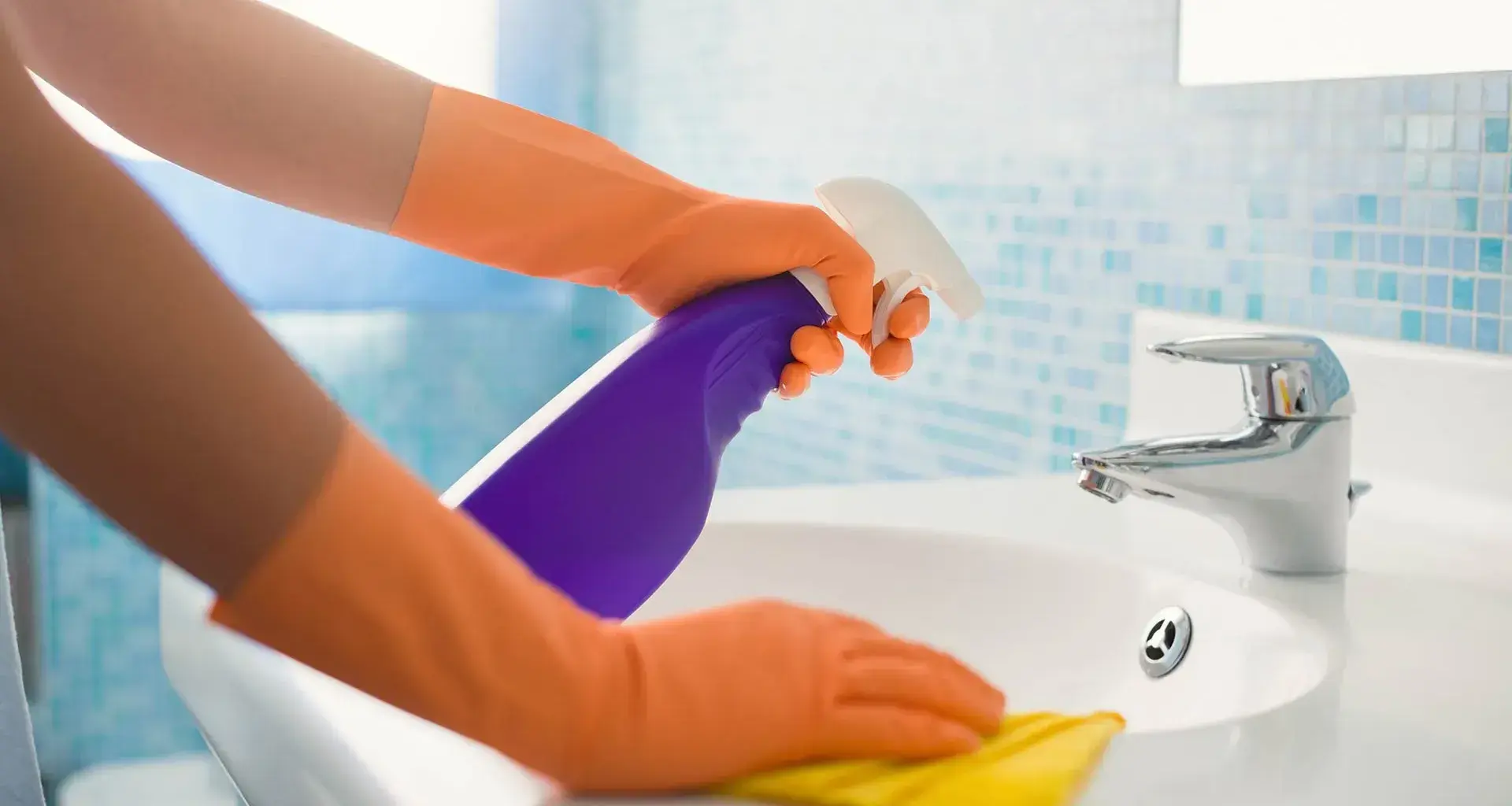What happens if you get infected with COVID-19, but you don’t need to go to hospital?
The specialists recommend isolating at home for 14 days, but how do you go about it?
Here are the steps you should follow to the letter to reduce the risk of infecting other members of your household with the virus or to look after them if they get sick.
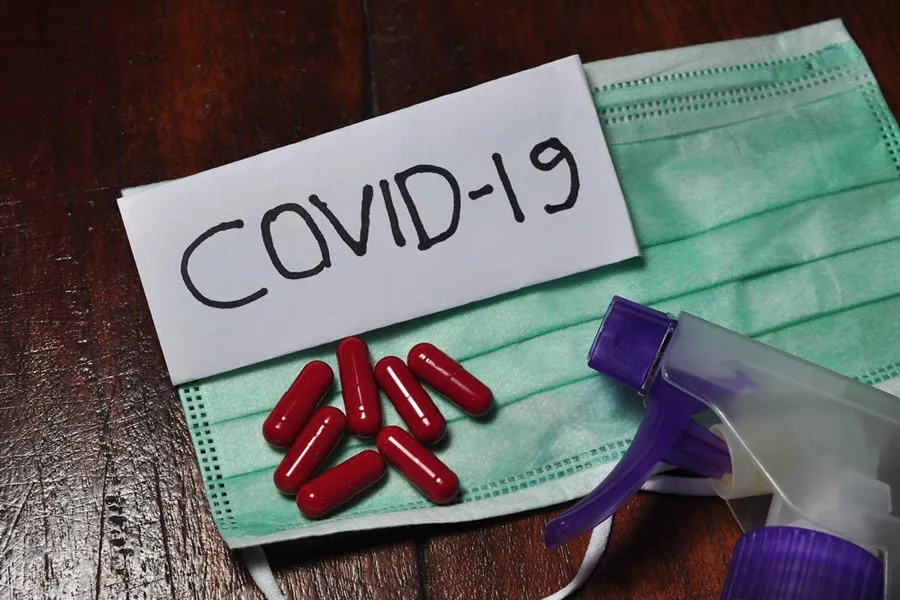
WHAT ARE THE REQUIREMENTS FOR RECOVERING AT HOME?
* If you have mild symptoms.
This is the case for 80 percent of people, who don’t have complications that require hospitalization.
* If you don’t have chronic conditions.
These could be conditions of the kidney, heart, or those that affect the immune system.
* Stay in daily contact with your doctor or specialist.
A health expert should provide follow-up on your case.
If your symptoms get worse, you should go to a hospital for immediate attention.
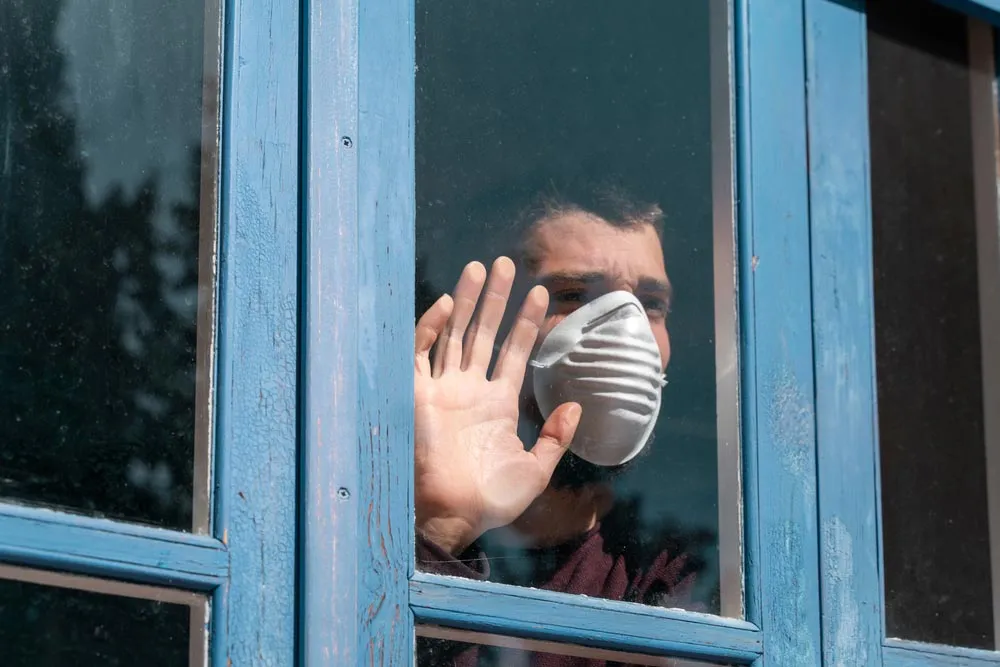
HOW SHOULD I SELF-ISOLATE?
* You should stay in an isolated room on your own.
This should have its own bathroom and be well-ventilated. It should preferably receive sunlight.
* You should sleep in a separate bed or stay at least 1.5 meters away from others.
This is because we can exhale droplets without realizing it while we’re asleep. You should also ensure this space is ventilated constantly.
* You should have a special container for waste.
This could be a trash can with a lid and/or a bag with a hermetic seal. If you don’t have one of these, you should at least have a bag exclusively for your waste. Try not to ever touch this waste.
* Keep your door closed.
Patients should leave their rooms as little as possible.
If your home doesn’t have an exclusive area for you or the infected person, movement to other parts of the house should be limited.
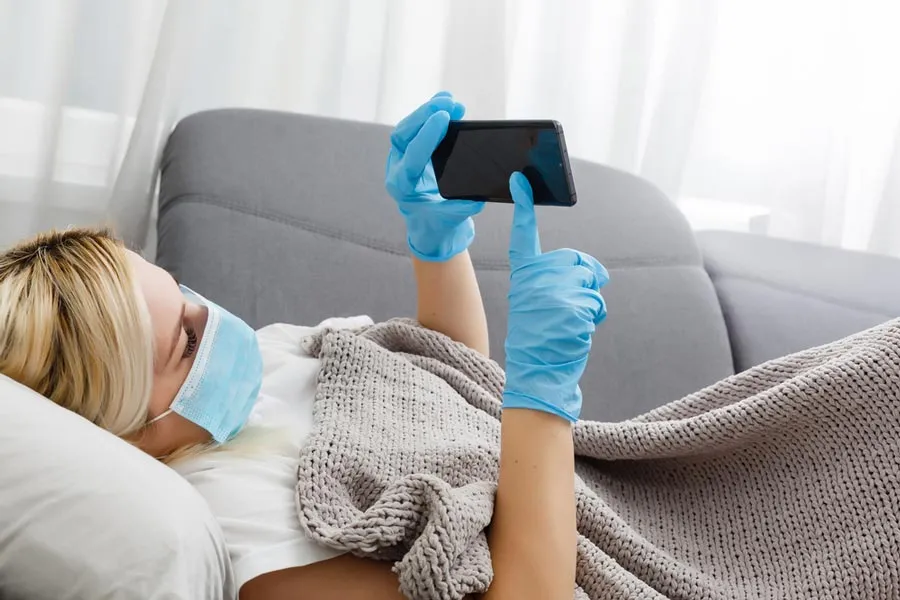
WHAT STEPS SHOULD I TAKE FOR ISOLATING AT HOME?
* Be meticulous about your personal hygiene.
This includes extending constant hand washing to at least 40 to 60 seconds or using hand sanitizer with 70% alcohol. Cover your mouth and nose with the crook of your arm when coughing and sneezing.
* If you need to leave your room for any reason...
You should keep at a distance of at least one and half meters from other people, wear a face mask, and disinfect your hands for any activity you do.
* Don’t isolate yourself emotionally.
You can stay in touch with other people through your telephone, cellphone, or computer to take care of your emotional health.
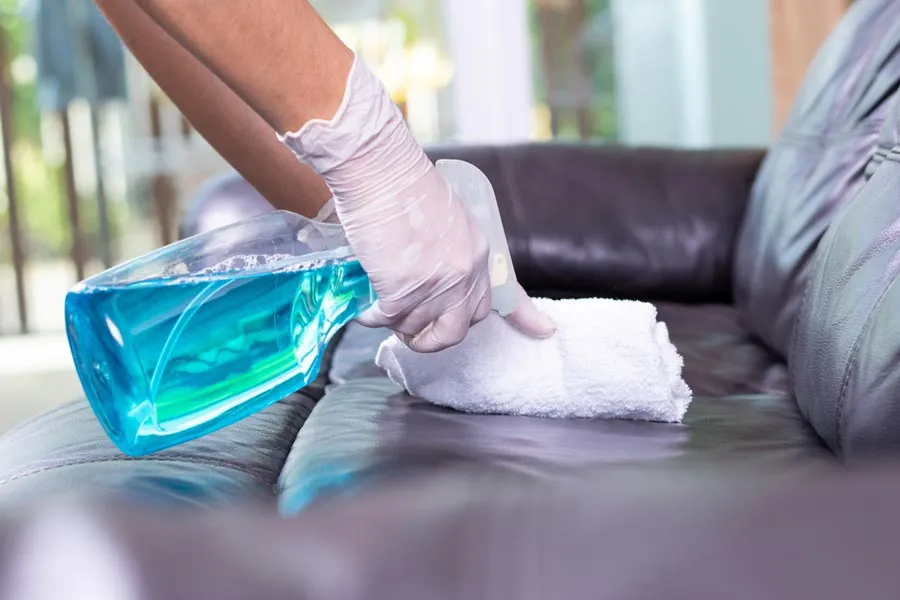
WHO CAN LOOK AFTER YOU?
Just one person should be designated as a “caregiver”. This person should be someone who’s healthy and not at risk.
“Caregivers” should wear a face mask and gloves when in direct contact with infected people. Strict hand hygiene should be followed in the following situations:
- When they are with people infected with COVID-19
- When preparing food
- When eating
- After using the bathroom
Those designated to look after infected people should avoid direct contact with bodily fluids and respiratory and oral secretions, as well as fecal matter.
* “Caregivers” should not reuse face masks and gloves.
These should be deposited in a hermetically sealed garbage bag.
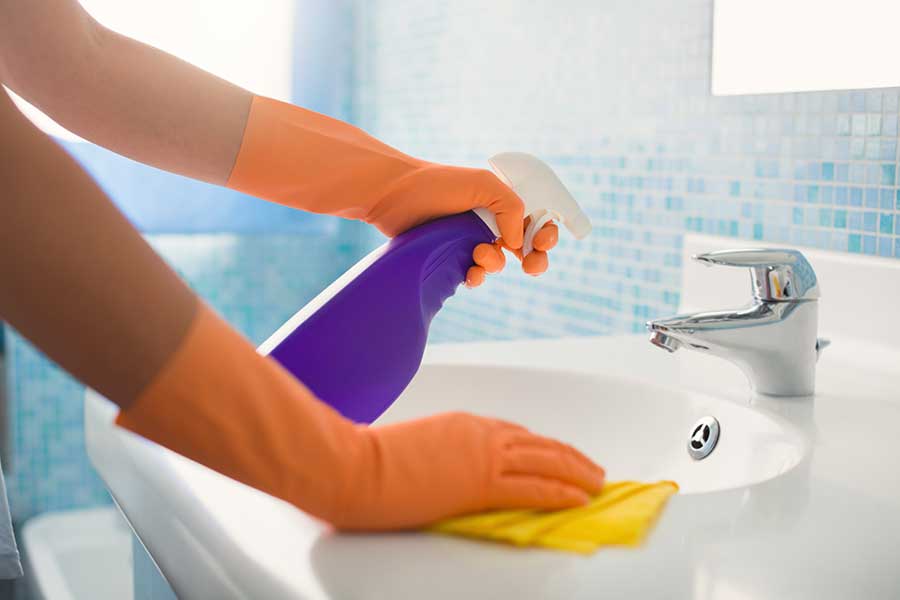
HOW SHOULD I DO THE CLEANING?
Those in charge of infected people or “caregivers” should clean thoroughly. This includes:
* Constantly disinfecting surfaces that patients come into contact with
They should wear face masks and gloves to disinfect tables, beds, devices, etcetera every day.
The American Chemistry Council has published this list of cleaning products you can use at home.
* Avoid direct skin contact with sheets or clothes contaminated with urine or feces.
If this occurs, you should wear gloves. You should also avoid shaking out the sheets to prevent a possible spread of the virus.
* Provide tableware exclusively for patients.
Tableware includes plates, cups, and cutlery, which should be washed with dishwashing liquid and water at 60° C and may be reusable.
* In the case of clothes, towels, and sheets...
It’s recommended to not share them. They should be washed with detergent and water at a temperature of between 60 and 90°.
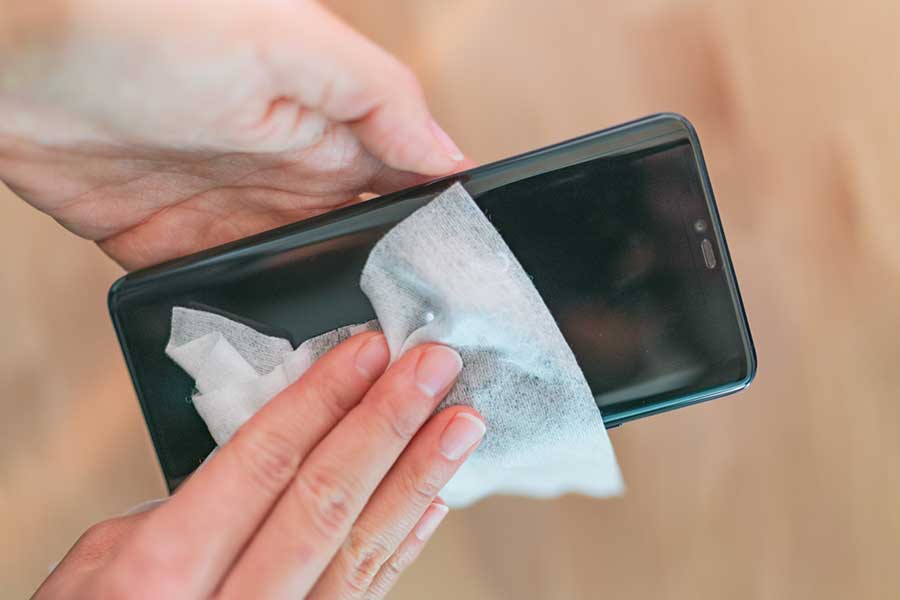
WHAT SHOULD I DO IF A HOUSEHOLD MEMBER DISPLAYS SYMPTOMS OF COVID-19?
People who live together should stay at home under constant monitoring for 14 days since the last contact.
* If someone else displays symptoms of acute respiratory infection (fever, coughing, shortness of breath) ...
He or she should immediately get in touch with his or her doctor, test for COVID-19 if possible, and let the hospital know they will be coming.
* On the way to the hospital or reference center...
Wear a medical face mask, follow hygiene measures, and stay at a distance of one and a half meters from other people. You should avoid public transport.
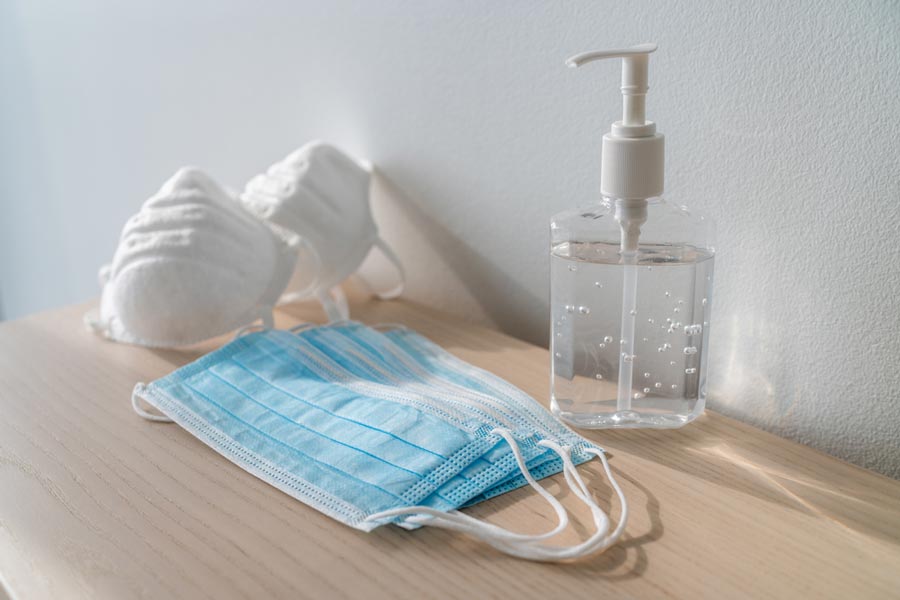
HOW LONG SHOULD I STAY IN ISOLATION?
You should stay at home until the symptoms disappear. The doctor in charge of follow-up will discharge you on a case-by-case basis.
Bear in mind that you shouldn’t receive visits during the isolation period.
“It’s very important to pay attention to your symptoms, as the key to preventing the rapid spread of COVID-19 is prompt detection and self-isolating if it’s suspected,” says Dr. Michel Martínez, head of the TecSalud Epidemiological Surveillance Unit.
YOU’LL SURELY WANT TO READ THIS TOO:

